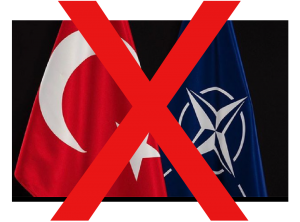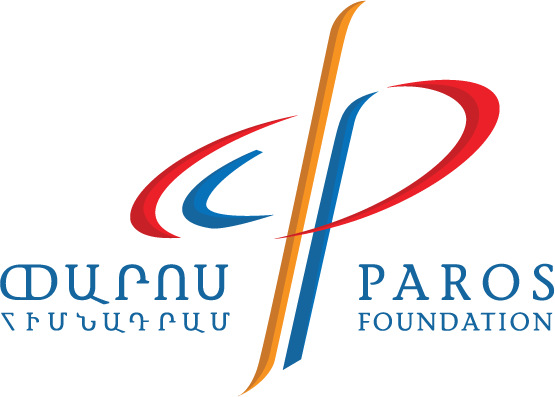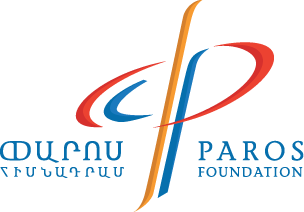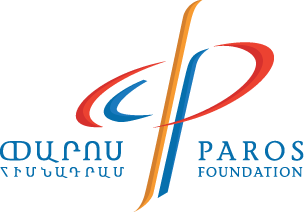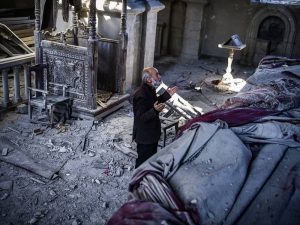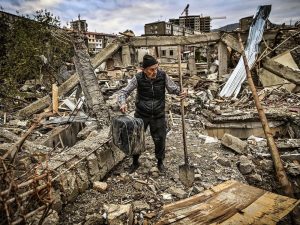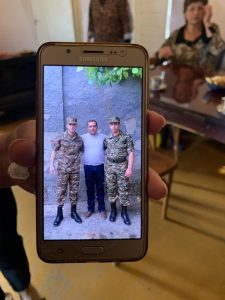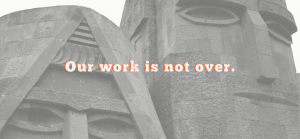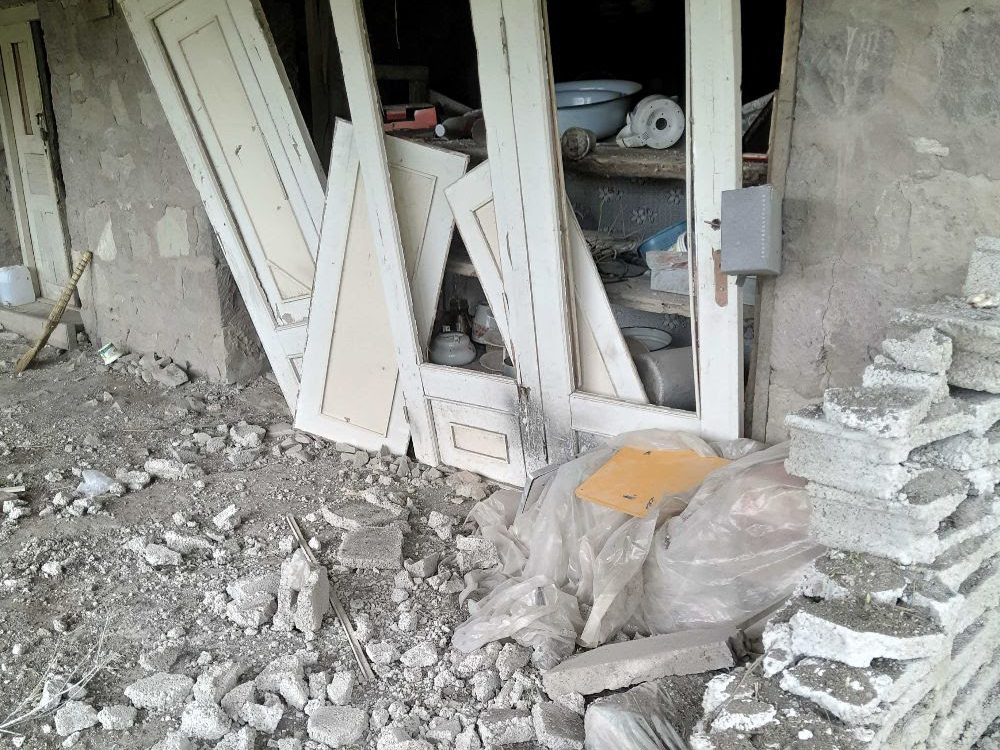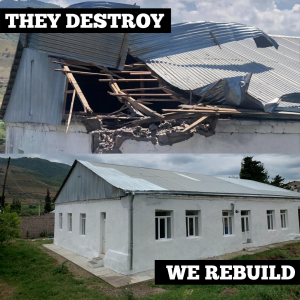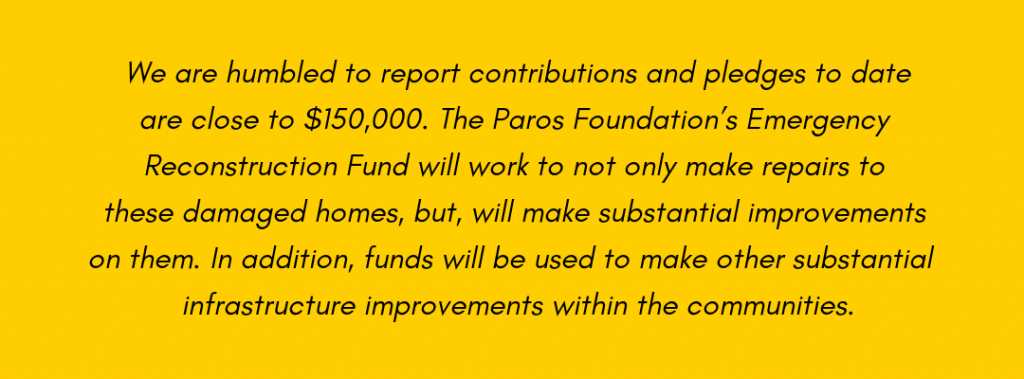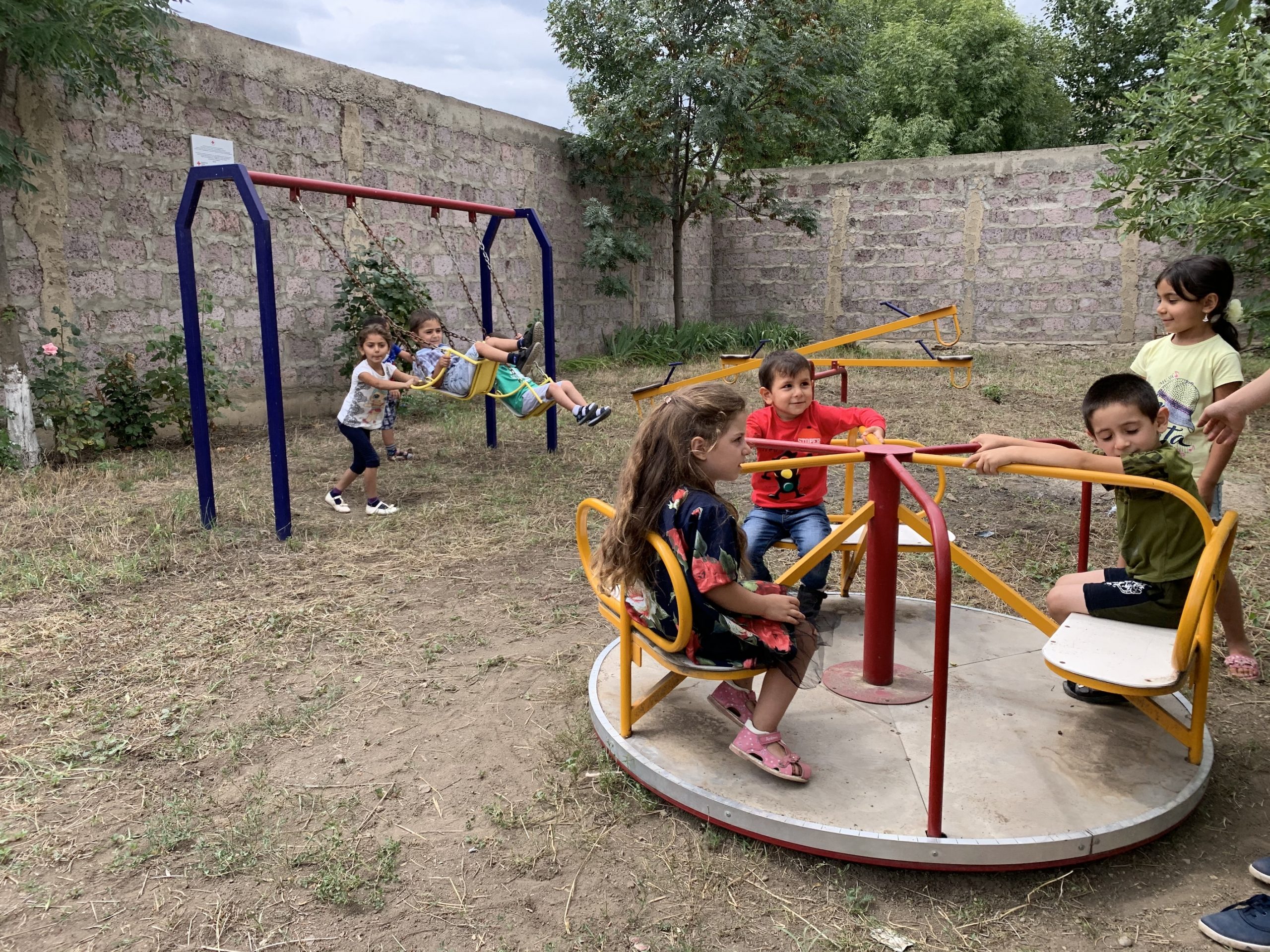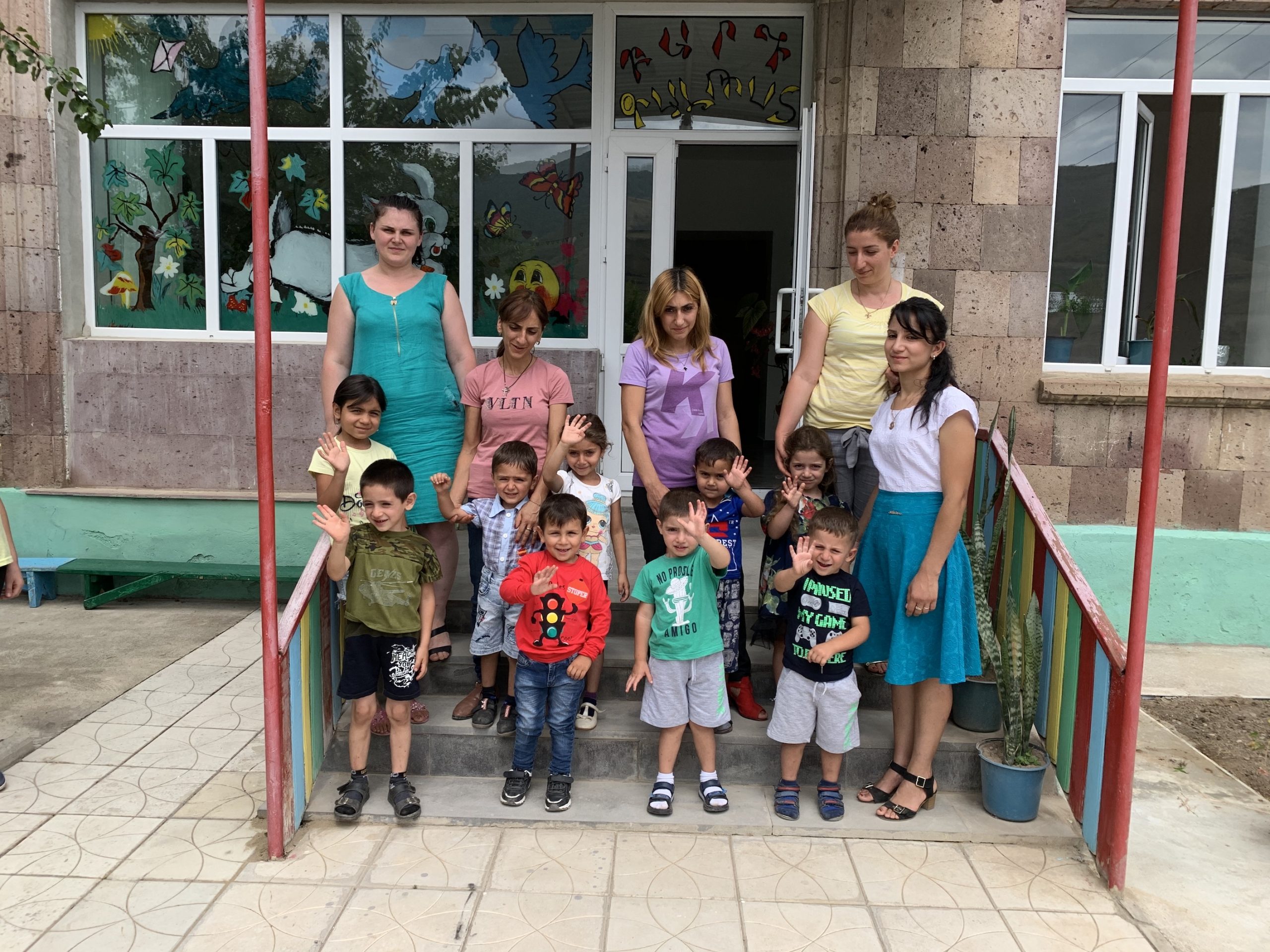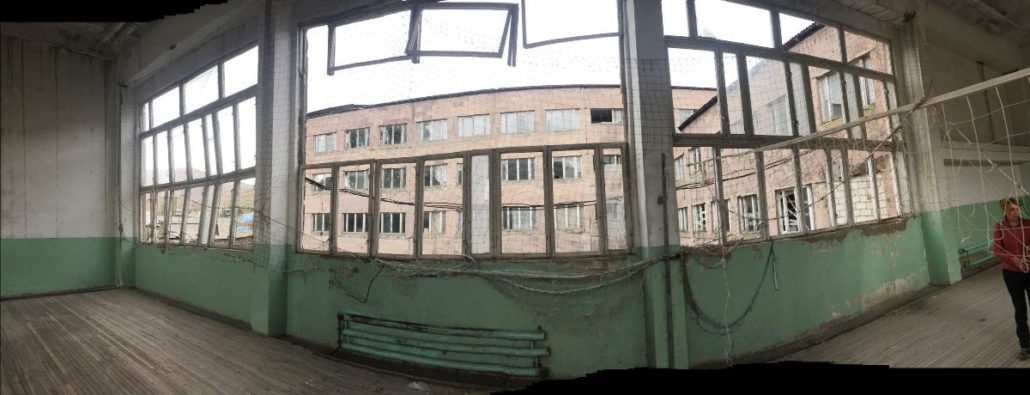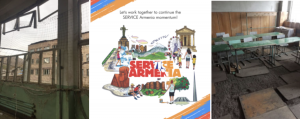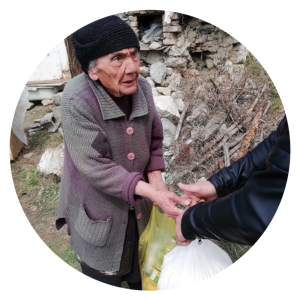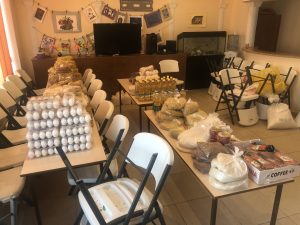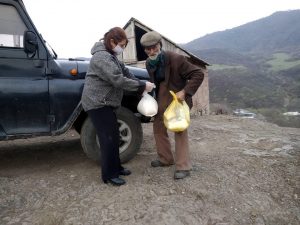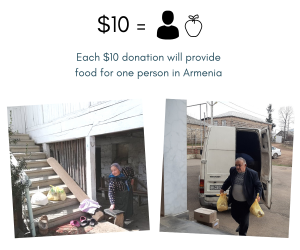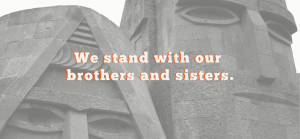
Dear Friends:
As you are reading this brief update, our brothers and sisters in Artsakh and in parts of Armenia are under heavy artillery attack by the Azeris. Official sources have acknowledged at least 200 Armenian casualties including civilians. Armenia’s Prime Minister Nikol Pashinyan in a statement released earlier today said that this battle is not about land or territory, it is about the elimination of the Armenian people.
Reports have been released by the Armenian and Artsakh Governments that Turkey has recruited upwards of 4,000 Syrian mercenaries to fight for Azerbaijan. In addition, American made, Turkish deployed F-16s are attacking targets in Artsakh and Armenia proper. In fact, it is reported that Turkey is now leading Azerbaijan’s air campaign from Kars and Erzurum. The Armenian Government reports that 150 high ranking Turkish soldiers are on the ground in Azerbaijan coordinating attacks.
Civilian populations in Stepanakert, Martakert, Martuni and Hadrut have come under attack. Civilians in Armenia’s Vardenis and surrounding villages have also been shelled. Two French journalists have been injured (one of them in critical condition) as a result of the Azeri attacks. In addition to the tragic loss of life, homes and infrastructure in these communities have been significantly damaged. Azeri surveillance drones made their way all the way to Armenia’s Kotayk Region just outside of Yerevan before they were shot down.
The OSCE Co-Chairs of Russia, France and the United States have called upon Armenia and Azerbaijan to end hostilities and loss of life and return to the negotiation table. Azerbaijan has refused and Turkey has publicly stated that they wish Azerbaijan will fight on until Artsakh is Armenian free. Russia and Iran have both offered to help facilitate peace talks. The US Congress has introduced a Resolution condemning Azerbaijan’s attack.
What must you do?
1. Visit the Armenian Assembly & Armenian National Committee’s Websites
Send letters and make phone calls to your elected officials to support the Resolution in Congress and immediately cut military assistance to Azerbaijan and sanction Turkey for their actions.
2. Donate to the All Armenia Fund.
The Governments of Armenia and Artsakh have asked the entire diaspora to NOT start individual fundraising efforts, but to rally around the All Armenia Fund and make all donations to this organization. Please visit www.armeniafund.org to make your donation.
According to consolidated media reports, almost 3,000 people have been killed on the Azeri side, and they have sustained more than 3,300 injuries. Armenian forces have destroyed 114 drones, 14 helicopters, 247 Tanks and armored vehicles, 3 TOS systems, 1 smerch system and 11 aircrafts since the start of the attack.
It is our hope that a ceasefire can be quickly reached to prevent further loss of life among our brothers and sister and at that point, we will determine how best to help rebuild. Please act now!

